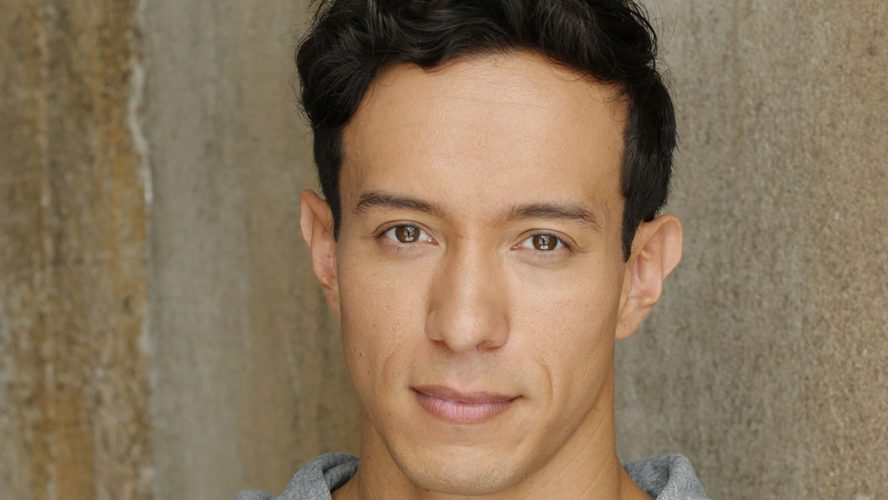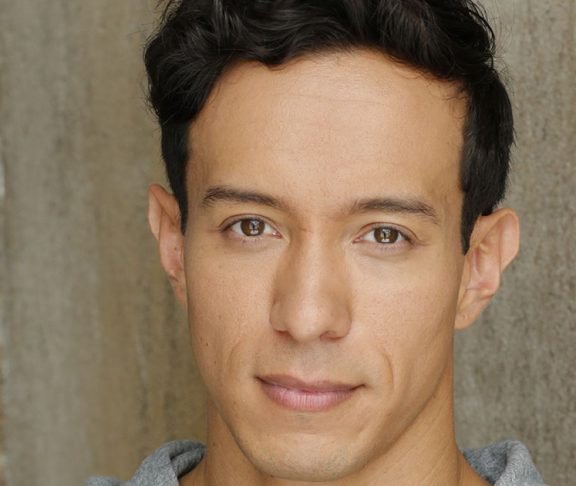When Raif Derrazi was diagnosed with HIV (and AIDS soon after) in 2012, he felt powerless.
“It was a devastating moment, I kind of just fell apart in the doctor’s office,” said Derazzi, 35.
To take some semblance of control back in his life, he decided he would start working out and really focus on weightlifting. He was noticed by a bodybuilder at the gym who recognized the dedication Derrazi was showing and offered to help him train as a bodybuilder.
“He was this big, ‘roided-up bodybuilder,” Derazzi said. “I looked at him and I was like, ‘Uh, honestly, I’m not really trying to look like you.’”
The bodybuilder assuaged Derrazi’s concerns about what bodybuilding entailed by saying that it takes on many forms.
In October 2019, Derrazi competed in his first professional bodybuilding competition at Muscle Beach in Venice, California, and took third in his category.
“That was the best I thought I could have ever done,” Derazzi said. “The guys that took first and second are veteran bodybuilders — they’ve competed internationally. So, I was stoked.”
A community
Discrimination is still common for Derrazi and other HIV-positive people, largely because of the 1980s AIDS epidemic when those with the disease were essentially cast out of society. As Derazzi explains, much has changed about the treatment and management of the condition over the past 40 years.
“I’m on a one-pill regimen once a day, and it has three different drugs in it,” Derazzi said. “The medicine has advanced so much that most people experience little to no symptoms.”
To help break down stigmas surrounding HIV/AIDS and offer support to others with the disease, Derazzi shares his journey and words of wisdom via his Instagram, Twitter, and YouTube accounts.“I want people to know they’re not alone — there is an enormous community of people living and thriving with the same thing, but because of stigma, people are afraid to come forward and be visible about it,” he said. “That’s why I do all of the social media stuff, because there is that visibility there.”

